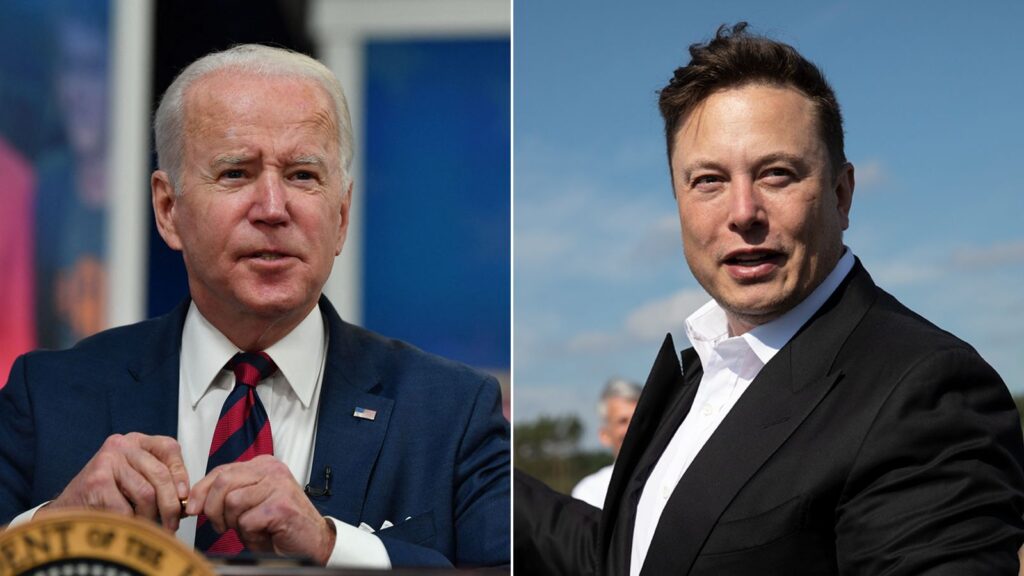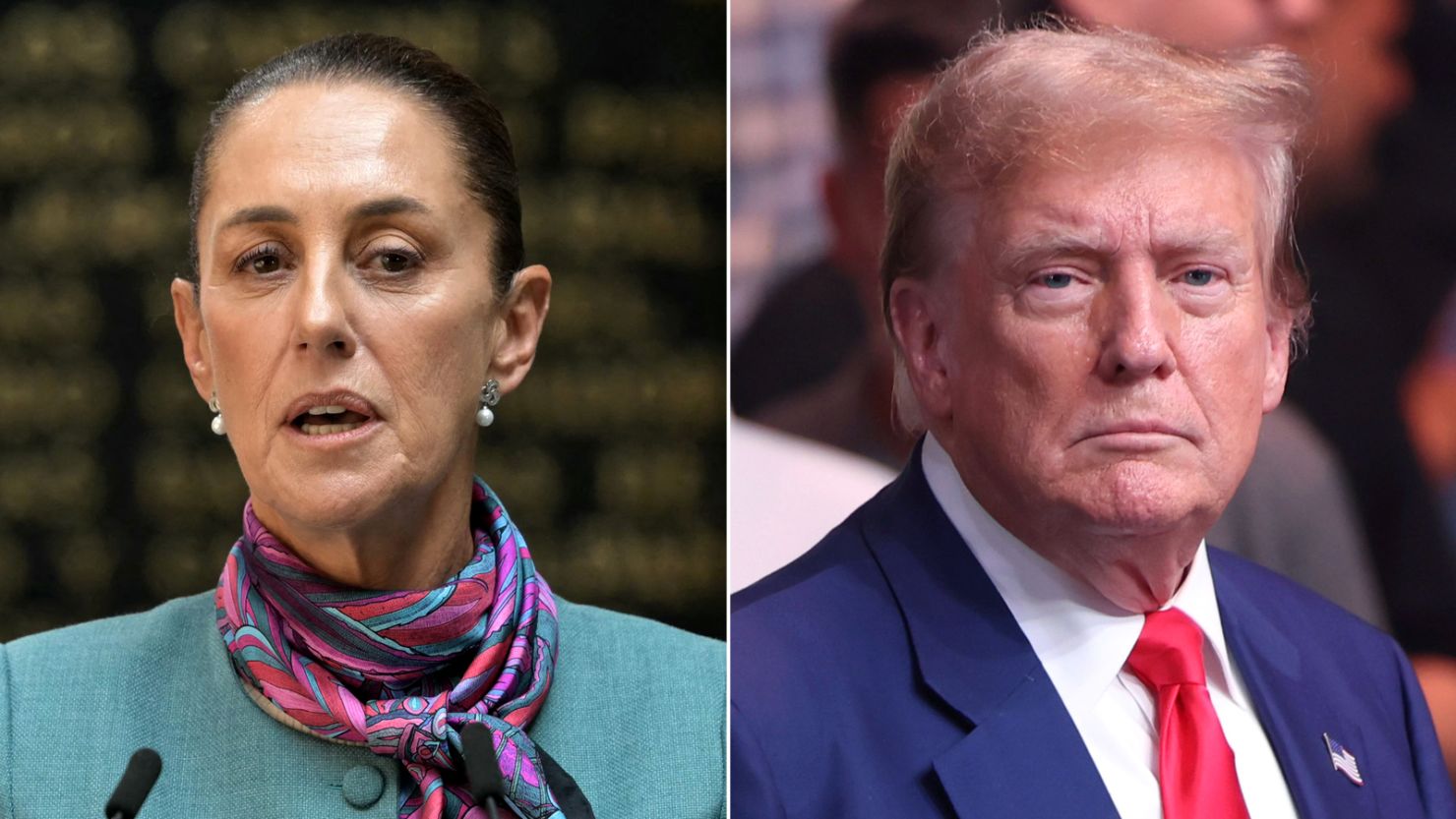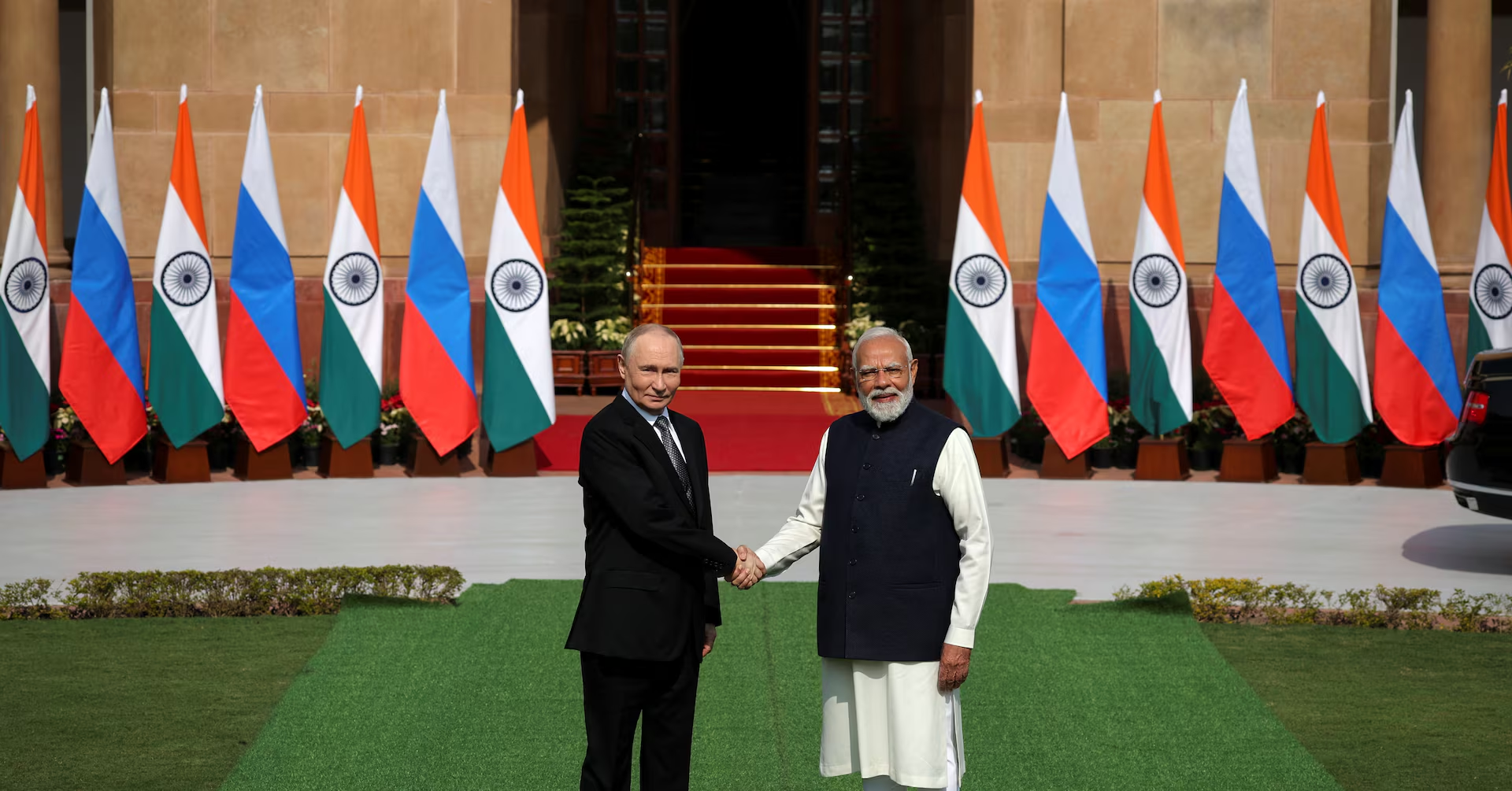Now Reading: MTG Cries Foul: Greene Pushes Conspiracy as Democrat Gains in Tight California House Race
-
01
MTG Cries Foul: Greene Pushes Conspiracy as Democrat Gains in Tight California House Race
MTG Cries Foul: Greene Pushes Conspiracy as Democrat Gains in Tight California House Race
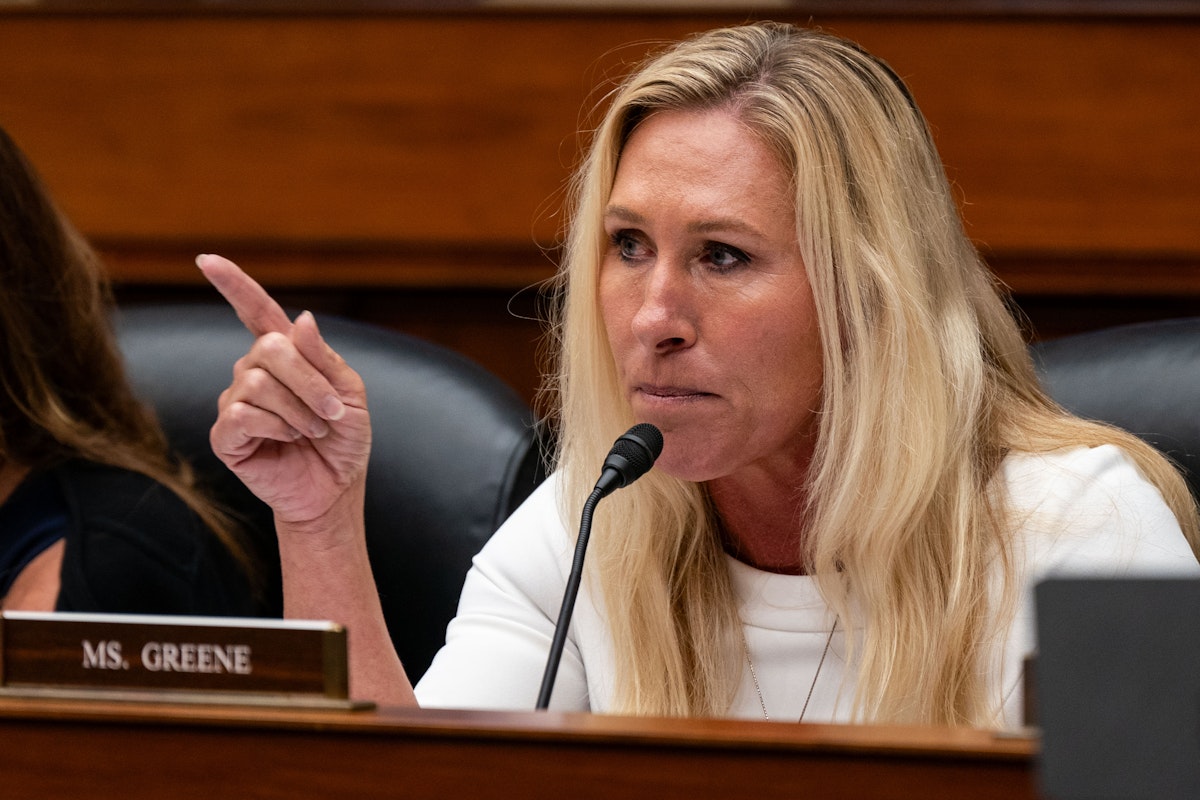
As the votes continue to trickle in for California’s hotly contested 13th congressional district, Representative Marjorie Taylor Greene (MTG) has stirred controversy with her latest claims of election fraud. Greene took to X (formerly Twitter) to accuse Democrats of “stealing another House seat,” sparking fierce debate over election integrity and the validity of her assertions.
Republican incumbent John Duarte initially led the race, but as mail-in ballots were counted, Democrat Adam Gray overtook him in a dramatic shift. Greene seized on the reversal to suggest foul play, claiming without evidence that California’s voting system is “rigged” to favor Democrats. Her comments align with a familiar narrative among MAGA loyalists, who continue to cast doubt on elections despite a lack of credible evidence.
California’s Voting System: Working as Designed
California’s election laws are clear: mail-in ballots postmarked by Election Day and received within seven days are valid and must be counted. This transparent, albeit lengthy, process ensures every eligible vote is accounted for. Far from indicating fraud, the shift in vote totals reflects a common pattern in California elections, where later-counted mail-in ballots often lean Democratic.
Critics have slammed Greene’s remarks as baseless and dangerous. Advocates for voting rights argue that such rhetoric undermines trust in the democratic process, particularly in a state known for its robust vote-counting transparency. California officials maintain that their system is designed to maximize participation and ensure accuracy.
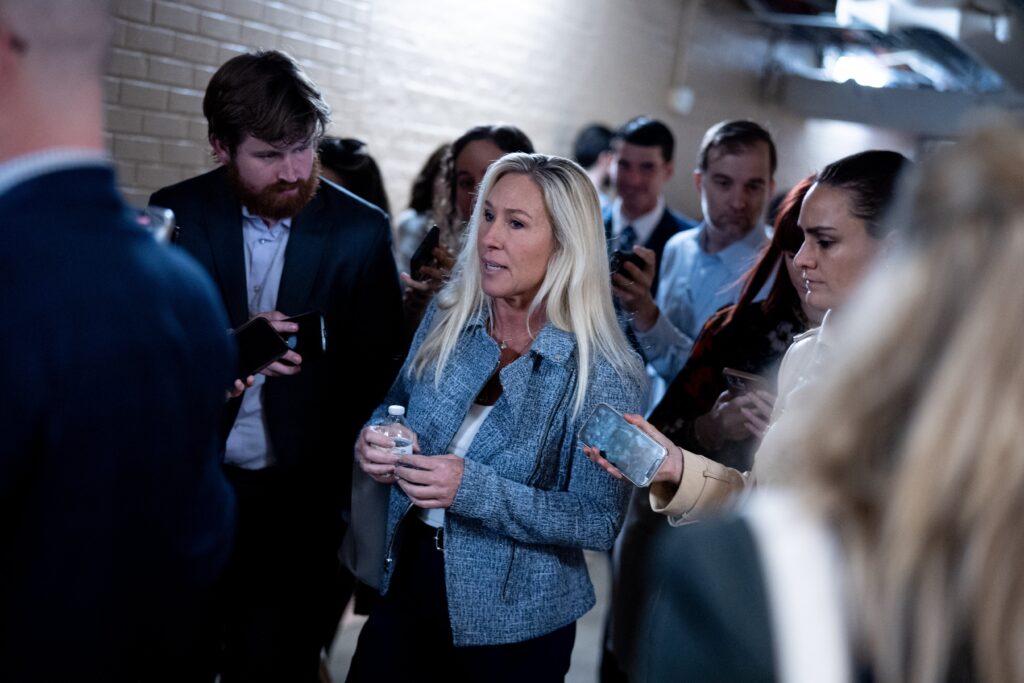
The Bigger Picture: Voting Rights Under Fire
Greene’s allegations also bring into focus the GOP’s opposition to expanding voting access. Measures such as universal mail-in voting, early voting, and making Election Day a national holiday have faced significant resistance from Republican lawmakers. Critics contend that Greene’s rhetoric reflects a fear of fair elections rather than genuine concerns about fraud.
California, with its emphasis on voter accessibility, is often a target for conservative claims of lax security. Yet studies consistently show that voter fraud is exceedingly rare in the U.S., and California’s election protocols include safeguards to prevent misconduct.
What’s at Stake in California’s 13th District?
The race between Duarte and Gray is not just a local matter—it’s a bellwether for the broader struggle over control of the U.S. House of Representatives. Every seat counts, and the close margins have heightened tensions. Duarte’s camp has remained relatively silent on Greene’s claims, focusing instead on encouraging their base to trust the process.
For Democrats, Gray’s potential victory would be a significant win, particularly in a district where both parties have poured resources. It would also underscore the importance of every vote in tight races, countering narratives that undermine confidence in mail-in and absentee voting.
MTG’s Role in Election Discourse
Greene’s comments are emblematic of a broader MAGA strategy to question election results unfavorable to Republicans. Such rhetoric has drawn criticism from across the political spectrum, with many calling for a renewed focus on facts and electoral integrity.
The Path Forward
As California’s 13th district waits for final results, the tension between election transparency and conspiracy claims continues to dominate headlines. Will Greene’s accusations gain traction, or will voters reject the politics of division in favor of trust in the system?
What do you think about Greene’s claims of election fraud? Are they a genuine concern or another example of undermining democracy? Share your thoughts below!
Keywords/Tags: MTG, Election Fraud Claims, California Elections, Voting Rights, John Duarte, Adam Gray, Mail-In Ballots, Election Conspiracy, MAGA, Democracy, Marjorie Taylor Greene, House Race, Voting Access, Paper Ballots, Election Day


